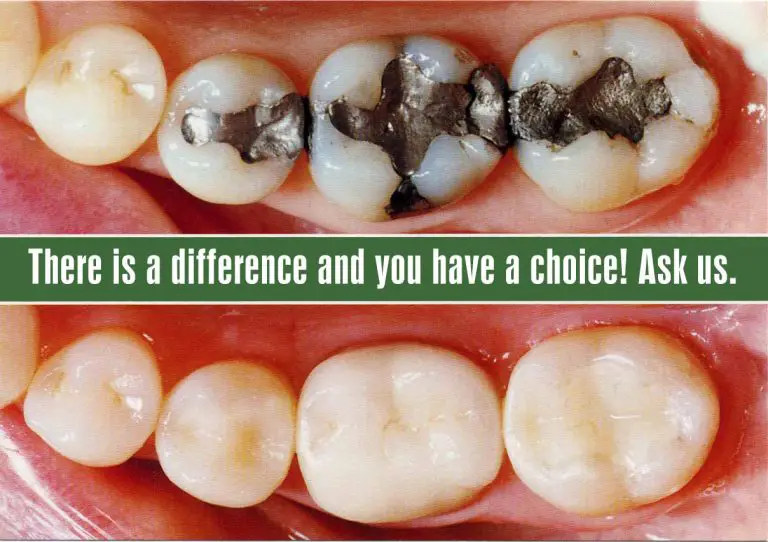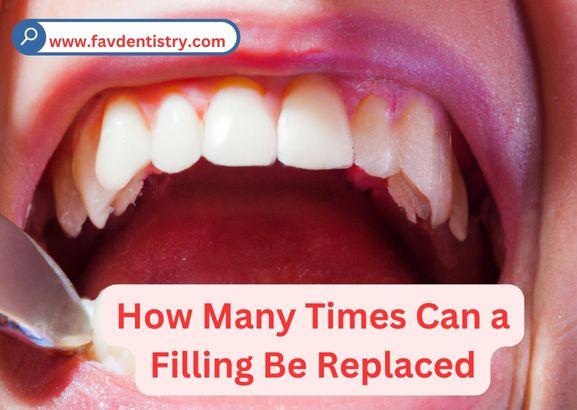Filling Came Out While Flossing: 5 Expert Tips for Preventing Dental Disasters
Last Updated on 4 months by DR. ALBIN SIPES

The filling came out while flossing, which can happen due to weakened bonding or decay around the filling. Dealing with dental issues is essential for maintaining oral health.
However, it can be alarming when a filling comes out while flossing. This occurrence can happen for several reasons, such as weakened bonding between the filling and tooth or decay forming around the filling. When the filling falls out, it leaves the tooth vulnerable to further damage and potential pain.
Seeking dental assistance is crucial to address this issue promptly. Additionally, maintaining good oral hygiene practices, such as regular brushing and flossing, can help prevent further complications with dental fillings.
Understanding The Causes Behind Dislodged Fillings
Filling came out while flossing can occur due to pressure applied during flossing. Decay or cracks can compromise the integrity of the filling.
Expert Tips For Preventing Fillings From Coming Out While Flossing
Filling coming out while flossing can be a frustrating experience that many people face. To prevent this issue, it is essential to use the right flossing technique. Using gentle back-and-forth motions and a c-shaped curve around each tooth can help avoid dislodging fillings.
Regular dental check-ups and maintenance are also crucial in detecting any loose or damaged fillings early on. These preventive measures can help address the issue before it becomes more significant. Additionally, adopting a tooth-friendly diet that limits sugary and acidic foods can contribute to dental health and reduce the risk of fillings coming out.
By following these expert tips, individuals can maintain their fillings and enjoy good oral health.
5 Easy Tips For Preventing Dental Disasters

Filling came out while flossing? Here are 5 easy tips to prevent dental disasters.
- Opt for waxed dental floss.
- Be gentle and use a sawing motion while flossing.
- Avoid flossing vigorously around fillings.
- Consider interdental brushes as an alternative.
- Discuss any concerns with your dentist immediately.
These tips can help maintain your dental health. So, make sure to follow them regularly for a healthy smile. Remember, prevention is always better than cure. Protect your teeth and prevent any further dental emergencies with these simple and effective tips.
Don’t wait until it’s too late, take care of your oral health today!
Frequently Asked Questions For Filling Came Out While Flossing
Why Did My Filling Come Out While Flossing?
Flossing can sometimes dislodge a filling if it was already loose or starting to deteriorate. It’s important to see a dentist as soon as possible to repair the filling and prevent any further damage or sensitivity.
Can I Still Eat With A Filling That Fell Out?
If your filling has fallen out, it’s best to avoid chewing on that side of your mouth or consuming hot or cold foods that could cause discomfort. Schedule an appointment with your dentist to have the filling replaced as soon as possible.
How Long Does A Dental Filling Last?
The lifespan of a dental filling can vary depending on the material used and how well you take care of your teeth. On average, silver amalgam fillings can last up to 10-15 years, while composite resin fillings tend to last around 5-10 years.
What Are The Options To Replace A Lost Filling?
The options to replace a lost filling depend on the size and location of the cavity. Your dentist may recommend a new filling, a dental crown, or an inlay/onlay. They will assess your specific situation and discuss the best options for you.
Can I Prevent Fillings From Falling Out?
Practicing good oral hygiene, avoiding sticky or hard foods, wearing a mouthguard if you grind your teeth, and scheduling regular dental check-ups can help prevent fillings from falling out. It’s also important to address any dental issues promptly to keep your fillings intact.
Conclusion
In a nutshell, addressing a filling that came out while flossing is essential for maintaining good oral health. While it may be a cause for concern, it is crucial to not panic and seek professional dental care promptly. Ignoring a loose or lost filling can lead to further complications such as tooth sensitivity, infection, or even tooth loss.
Visiting a dentist at the earliest opportunity will ensure that the filling is repaired or replaced, restoring the integrity of the tooth and preventing any potential damage. Furthermore, it is important to maintain regular dental check-ups and consistent oral hygiene practices, such as daily flossing, to prevent similar issues from arising in the future.
By addressing filling mishaps promptly and maintaining good dental hygiene, you can preserve your oral health and prevent any unnecessary discomfort or complications. So don’t delay, make sure to prioritize your dental health for a brighter smile!


